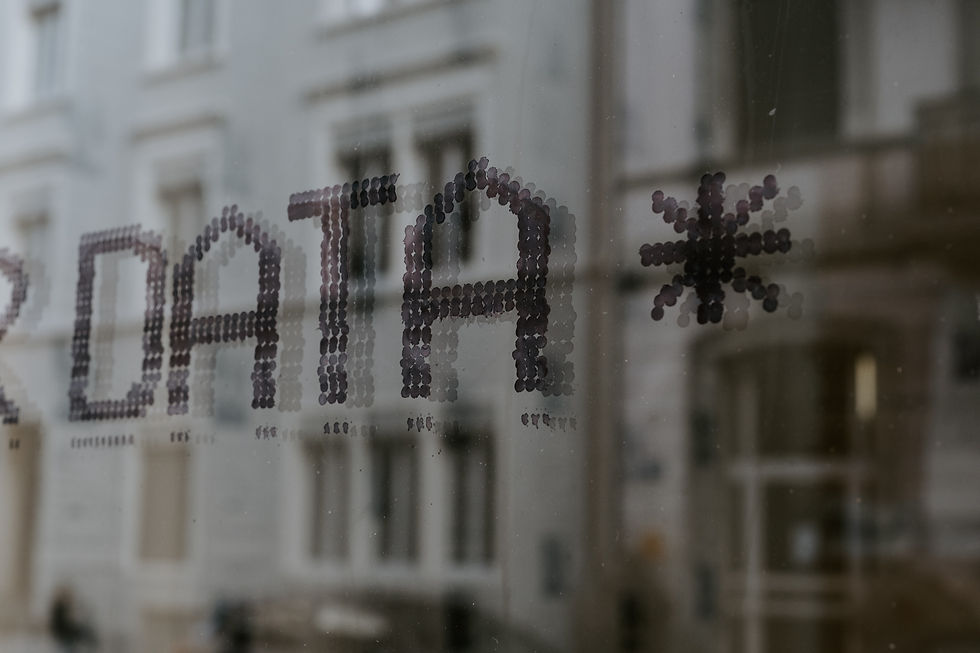The last trial
- CUHRLS
- Nov 13, 2019
- 2 min read
Updated: Aug 14, 2020
By Jefferi Hamzah Sendut
The work of the International Criminal Tribunal for the former Yugoslavia (ICTY) invaluably advanced global justice, but also continues to remind us of the complexities of prosecuting atrocities
Twenty-four years after the ICTY was established by the UN Security Council, the Tribunal concluded its final trial, upholding the sentence of former Bosnian Croat commander Slobodan Praljak to 20 years imprisonment for war crimes. The events which followed will unfortunately be unavoidably engrained into the Tribunal’s history, with the war criminal swallowing a vial of cyanide and killing himself.
At the time of writing, authorities are investigating the security lapses which allowed Praljak to evade retribution. Reactions to the incident do however, raise a wider question. Many from Praljak’s Bosnian hometown of Čapljina regard him a ‘hero’ and mourned his death. But how can someone who ‘facilitated the murder of Muslims who did not belong to any armed force’ in a campaign of ethnic cleansing still be held in such high esteem?
This difficulty highlights the distance which is often felt between international institutions and ordinary people. The ICTY’s founding resolution was passed in a Security Council chamber in New York, and the Tribunal itself was based in The Hague – two settings very much detached from the suffering and anger felt by those who lived through the horrors of the Yugoslav wars. It also illustrates that work still needs to be done to convey the message of international criminal justice’s moral simplicity.
Nevertheless, while we must take care to not to allow cliché and platitudes cloud attempts to appreciate the undoubtedly complex roots of grave conflicts worldwide, we also must not lose sight why human rights deserve the protection provided by institutions like the ICTY. The modern human rights position came about from the world witnessing atrocities, and feeling that these abuses were simply wrong. There is rightly a need to have logical and legal grounds to back this intuition. But at a basic level, nobody should be treated with the cruelty the world has, and continues to see.




Comments